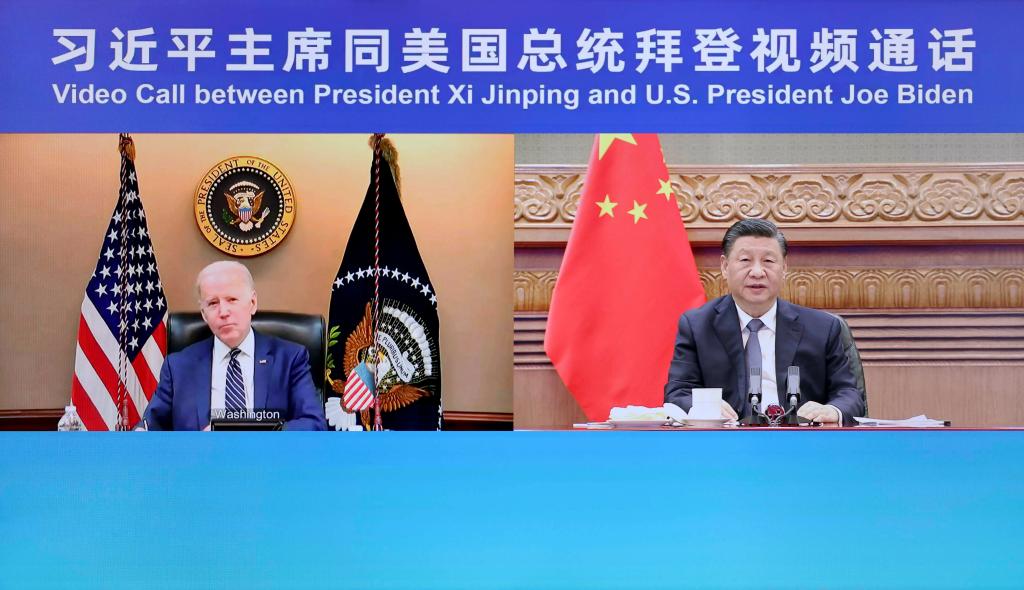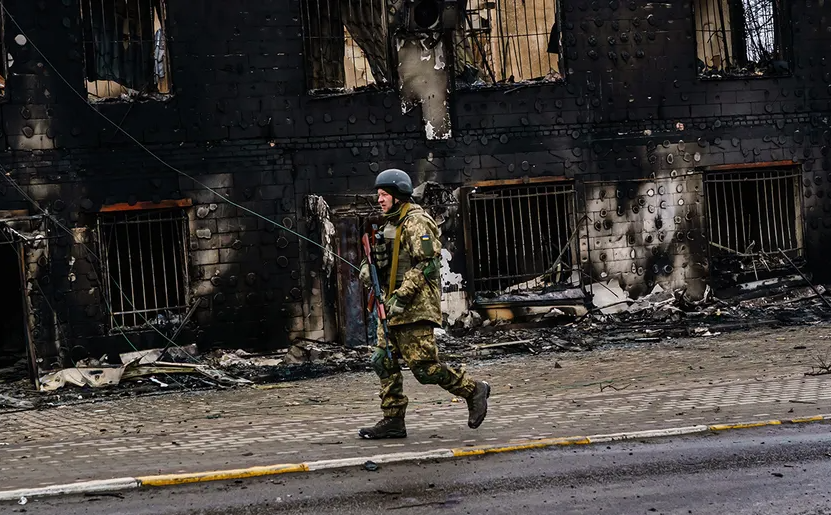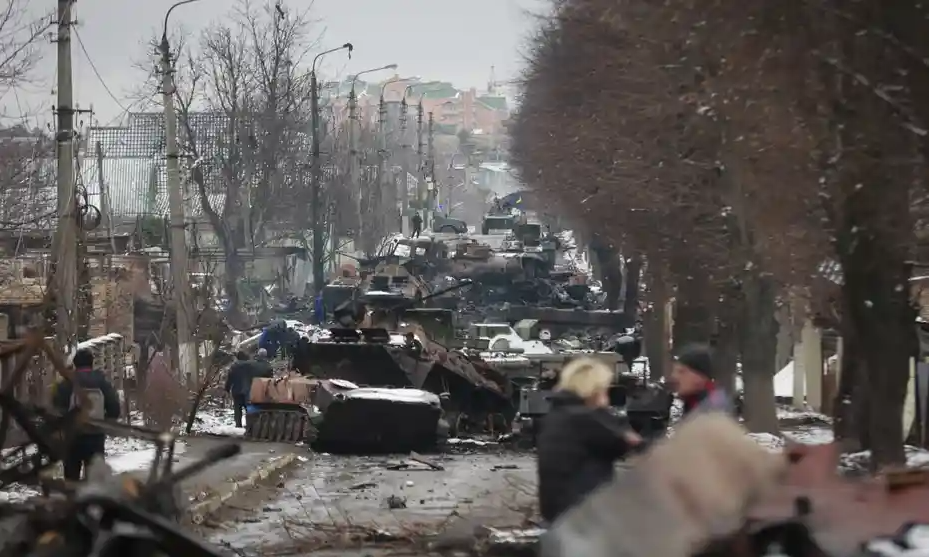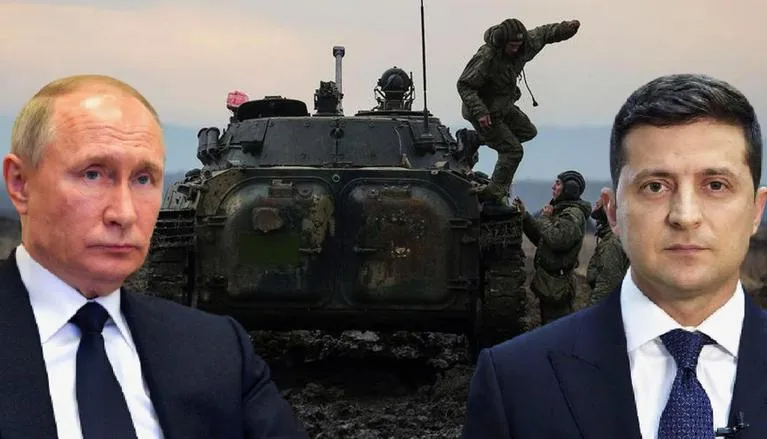Philip Cunningham, Independent Scholar
Mar 23, 2022
An article discussing an unexpected take on the Ukraine crisis from a prominent Shanghai scholar was taken offline in China, showcasing the difficulties of obtaining a complete narrative from the media.
Dan Steinbock, Founder, Difference Group
Mar 22, 2022
After trade wars and the pandemic depression, aggressive sanctions and rate hikes will further derail economic prospects in the U.S., China and worldwide.

Zhao Minghao, Professor, Institute of International Studies at Fudan University, and China Forum Expert
Mar 22, 2022
China-U.S. relations are feeling the strain of the conflict in Eastern Europe. China does not welcome war, but the United States must abandon its posture of coercion — forcing others to choose sides. Cooperation will be required to restore peace.

John Gong, Professor at University of International Business and Economics and China Forum Expert
Mar 14, 2022
George Canning, who presided over the British foreign policy in the early nineteenth century, once famously said, “Europe's domain extends to the shores of the Atlantic, England’s begins there.”
Shang-Jin Wei, Professor, Finance and Economics at Columbia University
Mar 14, 2022
Now that the Western powers have imposed sweeping economic and financial sanctions on Russia following its invasion of Ukraine, many are asking whether China’s non-participation will undermine their effectiveness. One should also ask whether the rich countries can do more for the poor people in many developing countries who are the collateral damage of the war and the sanctions.
Stephen Roach, Senior Fellow, Yale University
Mar 14, 2022
My recent commentary, “Only China Can Stop Russia,” stirred up strong arguments on both sides of the increasingly contentious debate over the horrific war in Ukraine. While most in the West recognize the need for extraordinary actions in extraordinary times and agree that China has an important role to play in resolving the conflict, those sympathetic to Russia’s concerns over border security and NATO enlargement argue that China has no reason to weigh in. But both posed the obvious and important follow-up question: What exactly can China do to restore peace and stability to Ukraine?

Wang Yiwei, Jean Monnet Chair Professor, Renmin University of China
Mar 14, 2022
A look at history reveals why Russia feels threatened by the eastward expansion of the European Union and NATO. The war may end with Ukraine becoming a neutral country that serves as a buffer zone for Russia.

Richard Javad Heydarian, Professorial Chairholder in Geopolitics, Polytechnic University of the Philippines
Mar 12, 2022
Russia’s invasion of Ukraine has been met with sanctions from the West, along with key regional economies in Asia. And Putin’s actions will have major repercussions on Russia’s place in the world, including its previously promising pivot towards Asia.
Sun Chenghao, Fellow, Center for International Security and Strategy of Tsinghua University; Munich Young Leader 2025
Mar 10, 2022
Some believe the U.S. has the ability to take on a two-ocean strategy — the Atlantic and Indo-Pacific — but China-Russia issues loom large. They will guide the approach to China by the West.

Lucio Blanco Pitlo III, President of Philippine Association for Chinese Studies, and Research Fellow at Asia-Pacific Pathways to Progress Foundation
Mar 10, 2022
The crisis in Ukraine grows worse as fighting rages on in what is sure to be one of this decade’s defining episodes. Whatever the outcome is, the result will drastically shift the landscape of the international community.
Back to Top

- China-US Focus builds trust and understanding between the U.S. and China through open dialogue among thought leaders.
- Our Offerings
- Topics
- Videos
- Podcasts
- Columnists
- Research Reports
- Focus Digest
- Stay Connected
-
Thanks for signing up!
- Get the latest stories from China-US Focus weekly.